
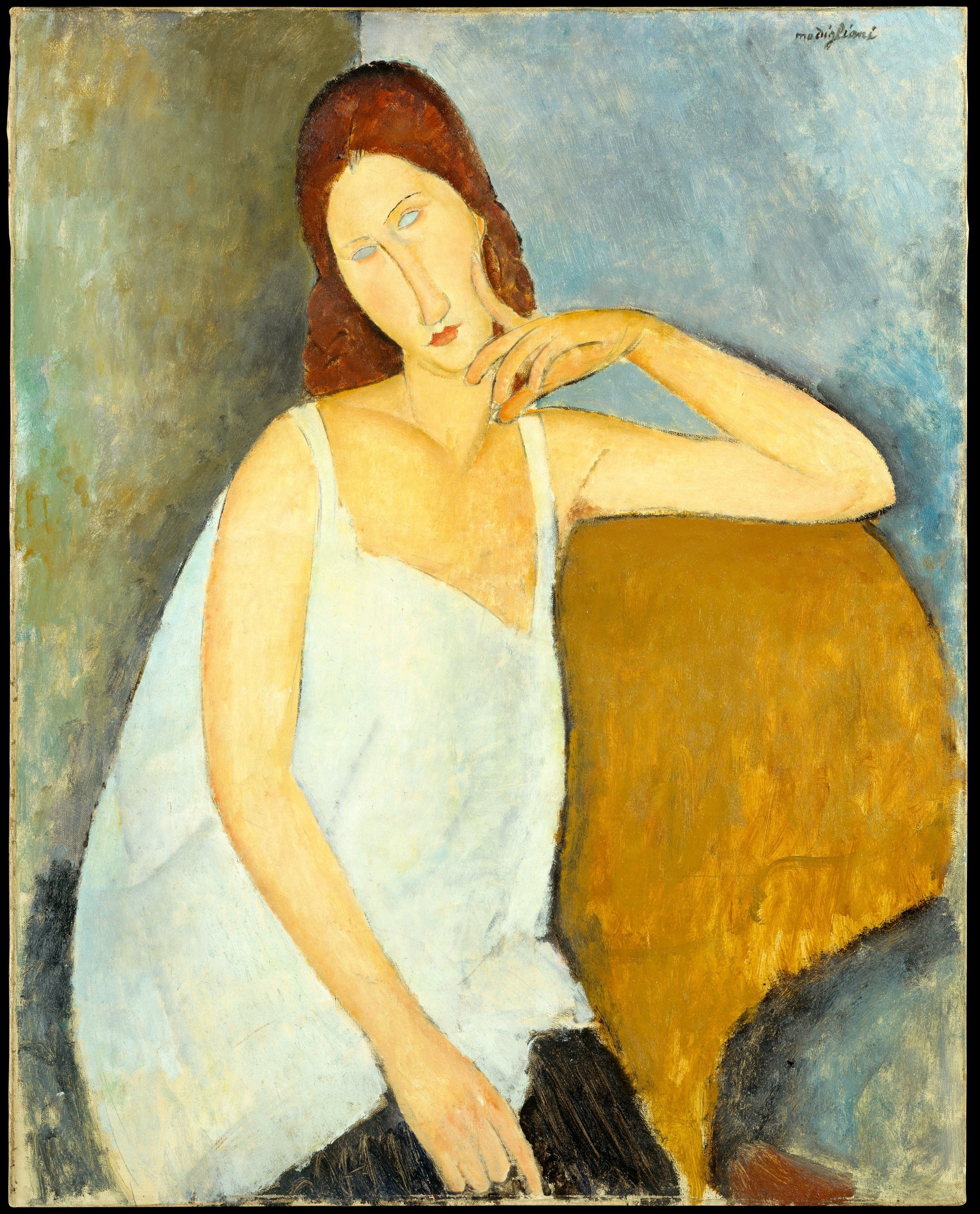
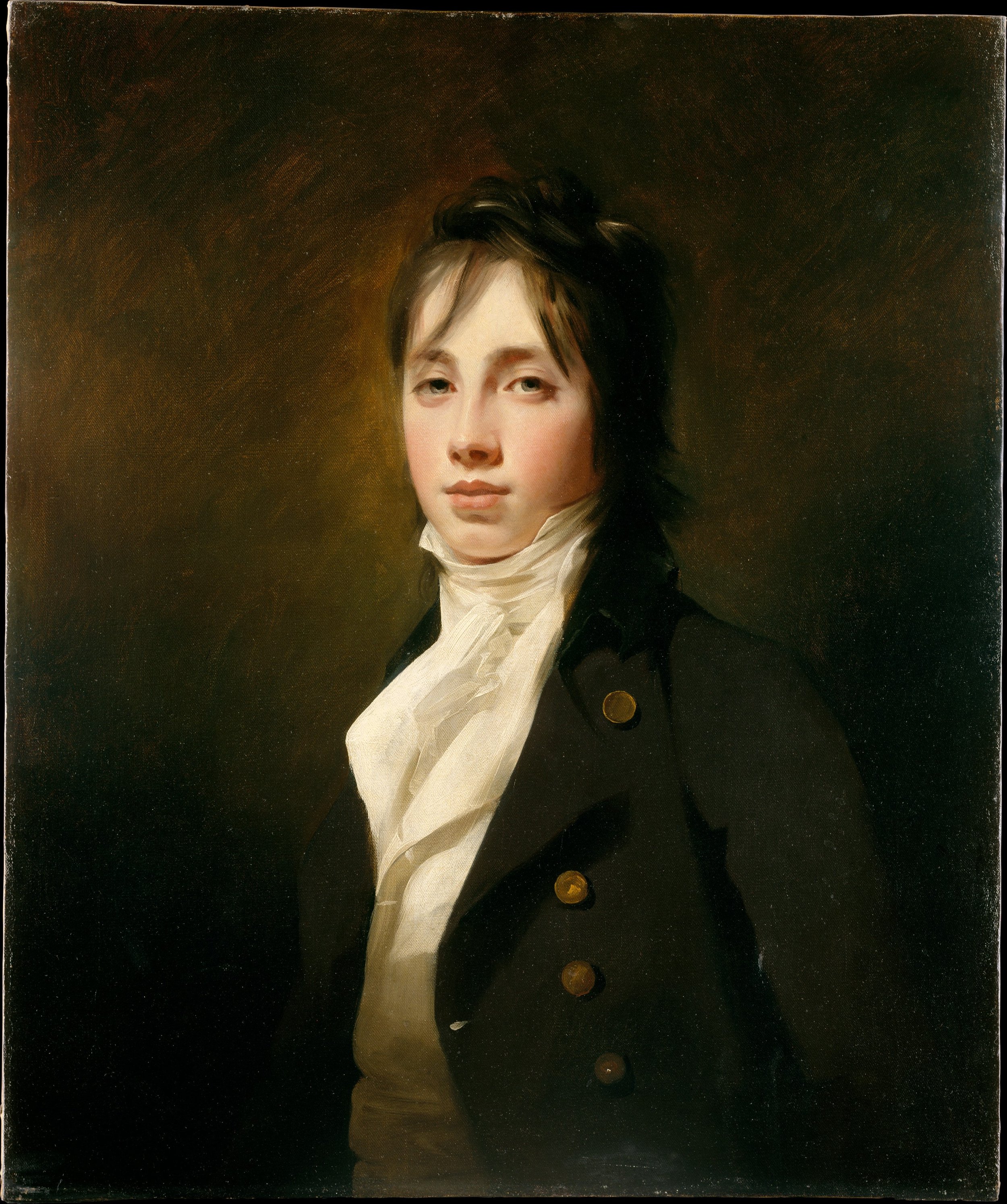
“A Re-Evaluation of Values: Where The Beat Philosopher Community Goes From Here”
A digress into Nietzsche… Athena’s death, and the counterculture to propaganda
The Beat Philosopher is a reader-supported publication by Melissa Nadia Viviana; Author, Activist, Existentialist, & Philosopher.
To receive new essays exploring the current problems of our world through a philosophical lens consider becoming a free or paid subscriber.
Collection: The Beat Philosopher
Format: Article
Author: Melissa Nadia Viviana
Date: May 1, 2025
Tags: Nietzsche, Philosophy, Grief
Friedrich Nietzsche’s book “A Will To Power” was initially called “The Re-Evaluation of All Values.”
(Or Transvaluation of All Values).
I love that title. Even though he never completed this book.
He went mentally insane before he could finish it. His sister published it after he was dead, with forged chapters that supported her own warped worldview.
His sister––Elisabeth Förster-Nietzsche––who couldn’t read his work without getting a tutor to help her––was a committed Christian & raging anti-semite (many German intellectuals were at the time). But her ideological leanings were so deep that she and her husband moved to Paraguay to start an Aryan race colony.
It failed and her husband committed suicide. She left four years later and returned to Germany.
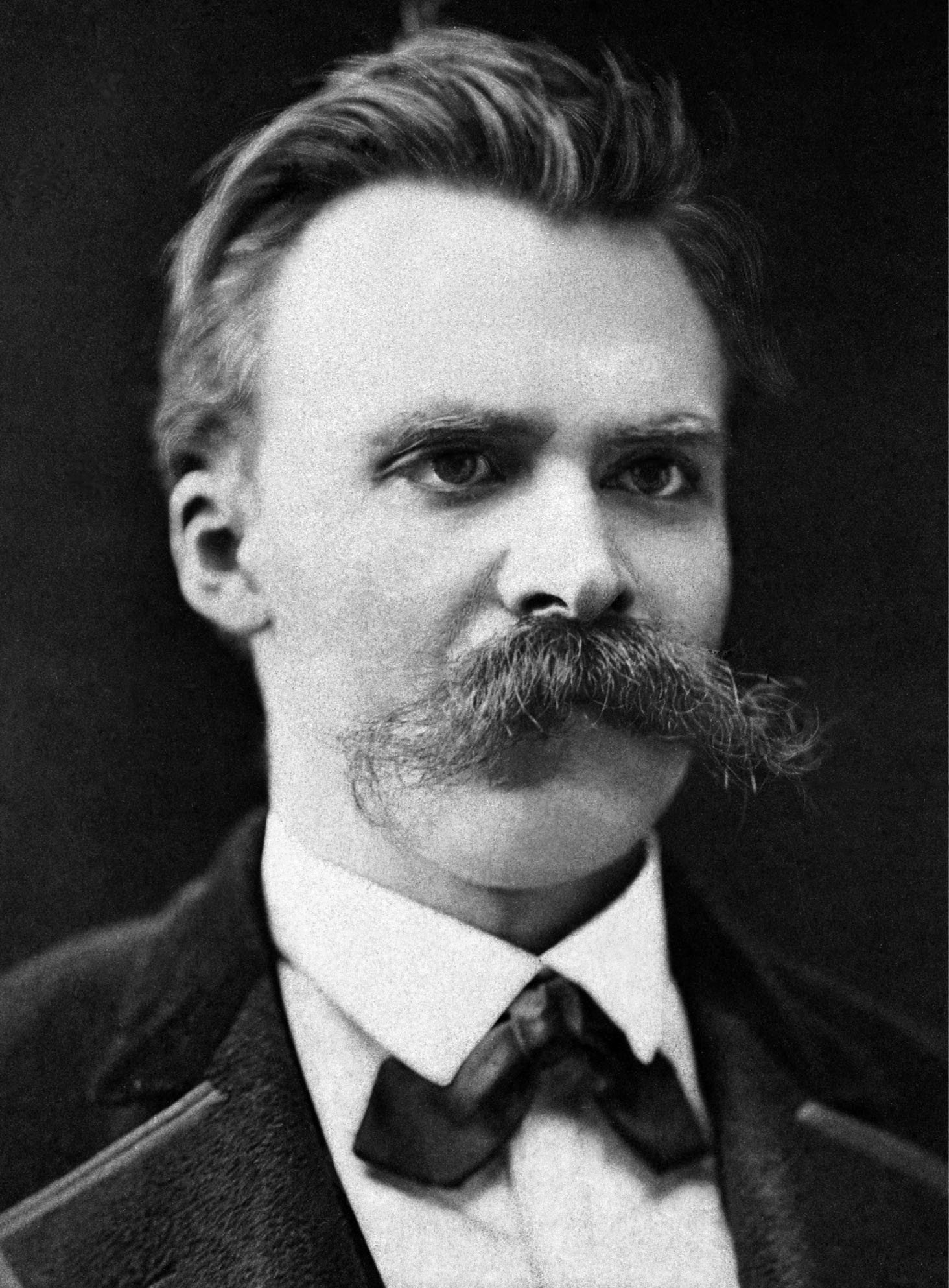
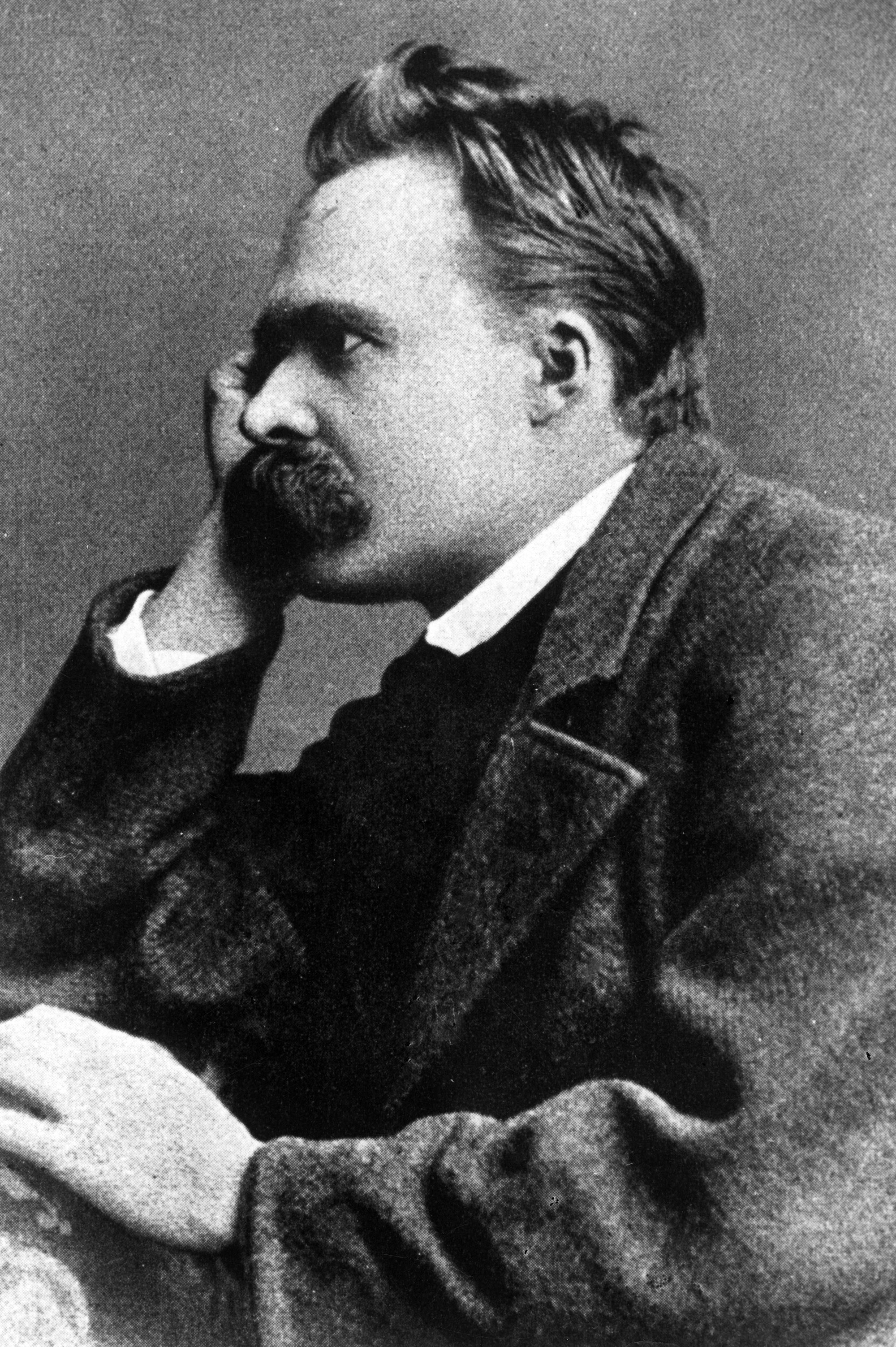


During this time, Nietzsche wrote many works that bluntly rejected German culture, anti-semitism, and Christianity.
He renounced his Prussian citizenship and spent years traveling to Italy, France, and Switzerland.
(Sounds like he meets the Beat Philosopher criteria)
I suspect that a part of what drove these writings was Nietzsche’s bitterness over his mother, sister, and friends (including Richard Wagner). All of whom shared a distorted German ideology he didn’t relate to, or approve of.
Nietzsche didn’t have very good health during his lifetime. This is one of the reasons he traveled in search of fresh air and solitude. It’s also thought to be the reason for his aphoristic, short-form style––in which he does very little editing.
As someone who had migraines a couple of weeks ago, I now fully empathize with how chronic headaches might have impeded his ability to edit his work into a cohesive ideology.
But it could have also just been his own relationship to the free spirit within him.
He enjoyed following his intuition wherever it took him. Even when this made a lot of his ideas self-negating or self-conflicting.
Because of this, the more you read Nietzsche, the less you might feel you understand him––as you follow his disorganized and difficult-to-abstract ideas.
One way I know someone has never read Nietzsche is by the certainty with which they pronounce a single Nietzschean idea.
As someone who has read thousands of Nietzsche’s aphorisms… I’ve even abstracted and sorted some of them into subjects in order to try to organize his ideas on each topic… I know that Nietzsche was intuitive and insightful. But certainly not self-consistent.
At times, he seems to have fluidly moved with his intellectual impulses. Even if that meant contradicting his former self.
And he certainly wrote with emotional conviction against things that bitterly bothered him. (Meaning, he wrote aphorisms to punish the people he was angry at).
This makes him one of the most organic and fluid writers (right up there with other Stream of Consciousness authors). And it also makes him transparent to a fault.
He also had an open sense of self-grandiosity (something that I think makes him appeal to the bros). Though I immediately get the sense that this is due to low self-esteem, not high self-esteem. (Which the bros might want to take to heart).
But all of this certainly means that there isn’t a single Nietzsche to get to know. He changed during his lifetime––as did his ideas. And a lot of people have a hard time with this fact.
For a short time, he moved in with some friends: Lou Salomé and Paul Rée.
Lou was a psychoanalyst and a feminist (and in the 1880s, that said something). While Paul was Jewish, and, himself, an author and philosopher. Nietzsche wanted to marry Lou, but she rejected him.
One of the reasons might have been the interference from Nietzsche’s mother and sister, both of whom did not like Lou and treated her poorly on a visit.
If you’re wondering––yes, this coincided some of Nietzsche’s misogynistic writings.
Meaning, the period of his life when he was angriest at Lou for rejecting him, and his mother and sister for interfering with his wishes, did coincide some of his harshest philosophical criticisms against women.
Which is funny because in his early works, he, himself, wrote that a man’s impression of women was related to his relationship to his mother. (But he seems to have forgotten this admission with age).
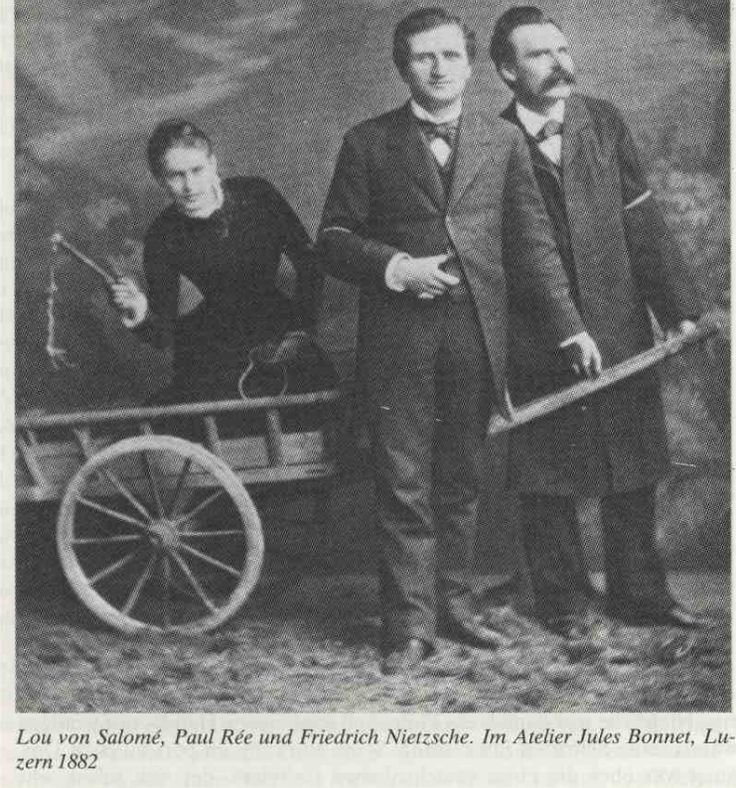
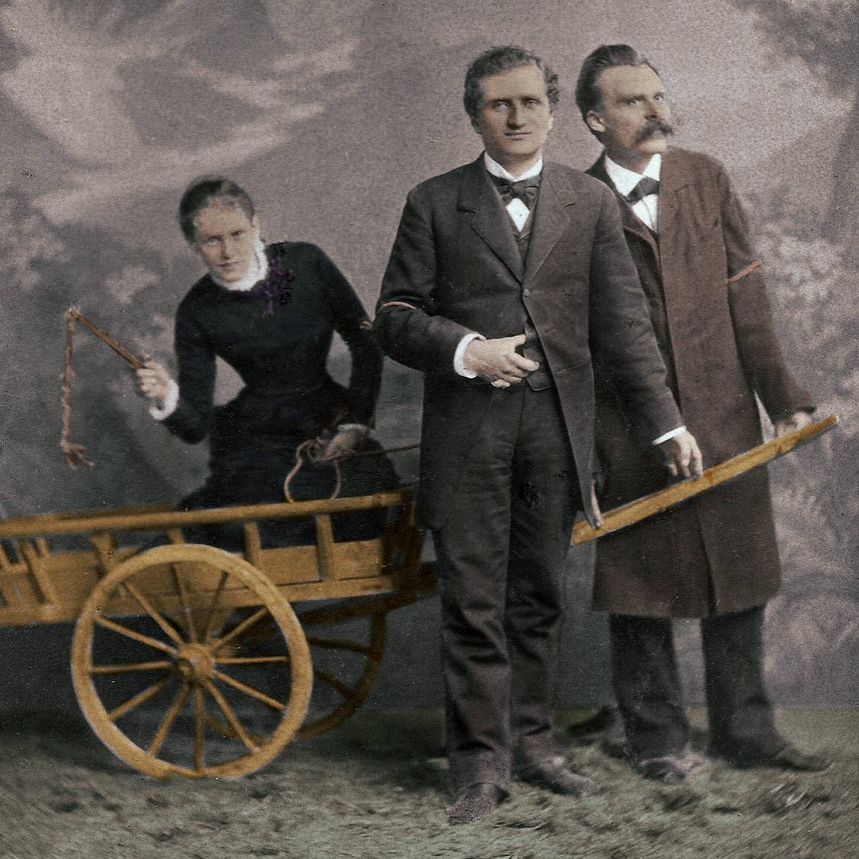
Become a Donor to Your Savannah Abortion Rights March!
We’re as active in the community as our donors allow us to be!
I.
It’s only those who see subjectivity as an enemy - rather than an inevitability - who will try to belittle the subjective filter that exists in all intelligent human beings.
Nietzsche was one of the few philosophers of his century willing to ignore the claims of objectivity from academic peers.
He wrote:
“Gradually, it has become clear to me what every great philosophy so far has been: namely, the personal confession of its author and a kind of involuntary and unconscious memoir.
Also that the moral (or immoral) intentions in every philosophy constituted the real germ of life from which the whole plant had grown.
I.
It’s only those who see subjectivity as an enemy - rather than an inevitability - who will try to belittle the subjective filter that exists in all intelligent human beings.
Nietzsche was one of the few philosophers of his century willing to ignore the claims of objectivity from academic peers.
He wrote:
“Gradually, it has become clear to me what every great philosophy so far has been: namely, the personal confession of its author and a kind of involuntary and unconscious memoir.
Also that the moral (or immoral) intentions in every philosophy constituted the real germ of life from which the whole plant had grown.
II.
Last night I made a joke: In 2025, I've become drunk with power. I've lost track of all the reasons I've blocked people. But I'm pretty sure I blocked someone earlier just for mixing up their, there, and they're.
Become a Donor to Your Savannah Abortion Rights March!
We’re as active in the community as our donors allow us to be!
Why? Because we understand that Reproductive Rights touch to the core of our biology.
But further than that, they limit the core of our identity.
Abortion bans target us at our weakest point: AUTONOMY OVER OUR BODIES.
Which fundamentally restricts autonomy over our identities.


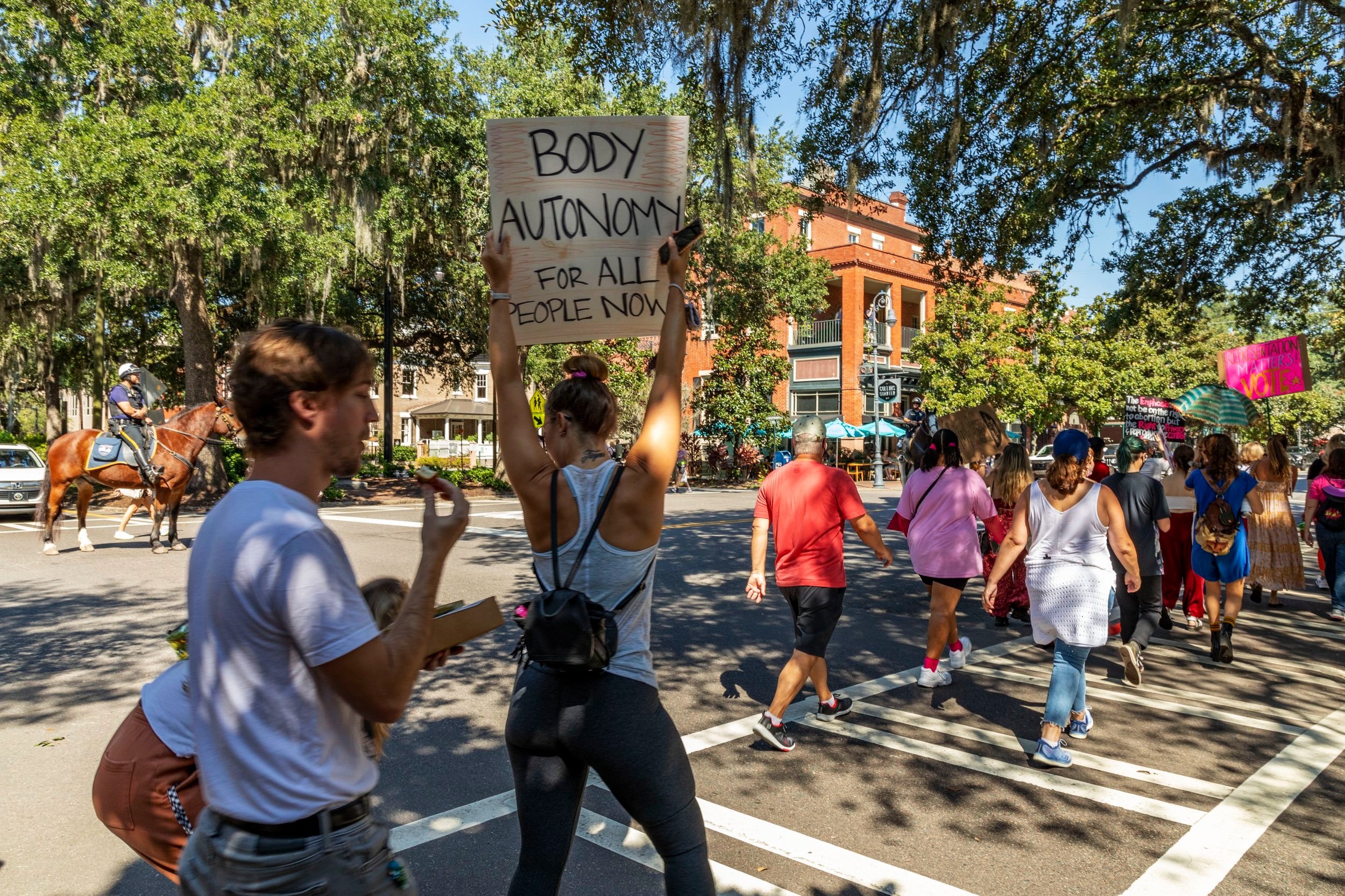


And that’s why, on a national and professional stage, we need to have control of our reproductive freedom in order to be able to progress as fast and easily as men do.
We believe that birth control––abortion access––and resources for responsible motherhood are fundamental rights that impact us as human beings who want to make something of ourselves
BEYOND gender!
On October 2nd, we invited 10 incredible speakers and political activists to share their views on Reproductive Rights at our march.




They did NOT disappoint.












